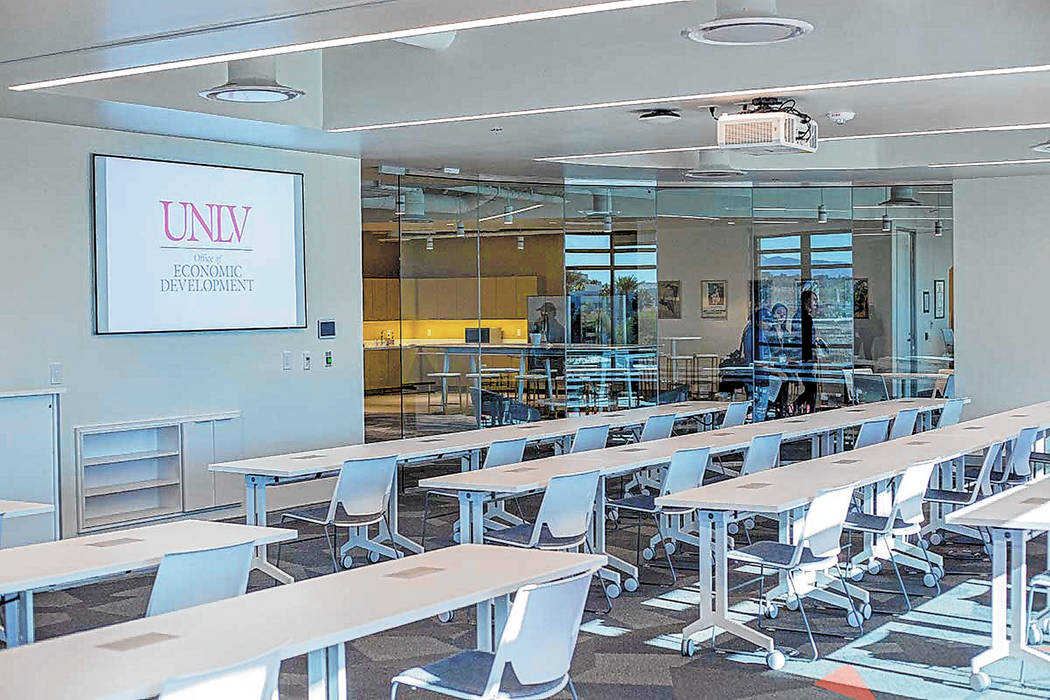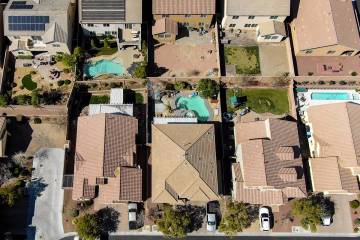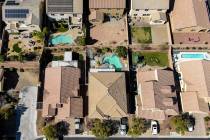COMMENTARY: Nevada, Mountain West can be research hubs
Beginning in World War II and continuing through the Cold War, public-sector biomedical and technology research led to discoveries that produced unprecedented economic and job growth, reshaped the aerospace and pharmaceutical industries and led to new inventions such as computers and the internet.
Investment in bioscience research today can deliver a similar transformation to the economy of the Mountain West. The transfer of discoveries, primarily from universities to early-stage and existing businesses, was essential to the creation of a U.S. bioscience industry that provided 1.9 million jobs and a $2 trillion economic impact in 2016, a 19 percent increase from 2001.
The Mountain West has at least a dozen research and innovation hubs where scientific discoveries made at public research universities and laboratories support a proven culture of entrepreneurship at cities large and small.
Nevada’s bioscience industry has grown at a strong pace in recent years. The state’s 579 bioscience companies directly employed 6,705 workers in 2016 — an increase of 7.6 percent from 2014 to 2016, according to TEConomy-Bio’s 2018 report on the U.S. bioscience industry. These are also high-paying jobs with an average annual salary of $67,654 in 2016.
UNLV and UNR provide an ongoing and sustainable source of new discovery and patents for continued growth of research and innovation hubs in Nevada. Bioscience research and development expenditures at the state’s research institutions grew by 17.8 percent from 2014 to 2016, rising to $69.3 million in 2016. Only four other states exceeded that rate of growth. In addition, Nevada researchers obtained 425 bioscience-related patents from 2014 to 2017.
In the United States, 95 percent of the bioscience and biotechnology research and hub activity is located in five major coastal cities. As a result of this concentration, there has been a large economic impact to those cities but a lack of economic development in other regions.
A remedy to this loss of bioscience development potential is a network of research and innovation hubs anchored by Mountain West universities. This network promises to leverage bioscience technology and to spur economic development and job growth in communities outside the five coastal cities. This network of small hubs can create value greater than the sum of its parts, leading to economic and job growth that exceeds that of a single, large hub.
One effort is already helping, but we need more. ASCEND (Accelerating Solutions for Commercialization and Entrepreneurial Development) is an accelerator program that will provide this network effect in our region. ASCEND helps university biomedical researchers work with other universities, entrepreneurs and private firms to speed development of new companies. ASCEND is a partnership of UNLV, UNR and nine other universities.
Given the capabilities of emerging entrepreneurial communities and the potential for networked activity in the Mountain West, Nevada and other states offer the ideal environment for the creation of research and innovation hubs. We need greater partnerships among state governments, universities, entrepreneurs and venture capitalists that are facilitated, incented and promoted in Nevada and throughout the region.
Richard S. Larson, M.D., is executive vice chancellor of the University of New Mexico Health Services Center. He writes from Albuquerque.





























